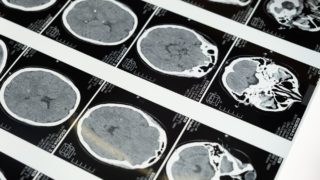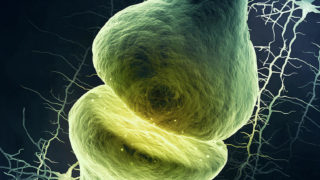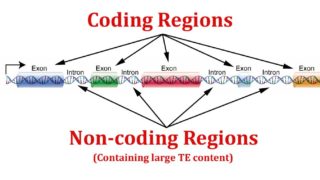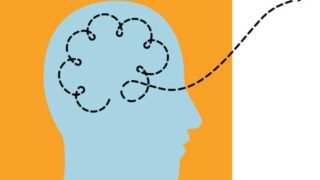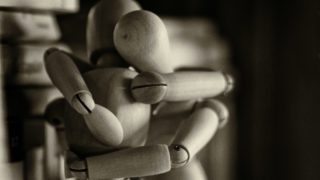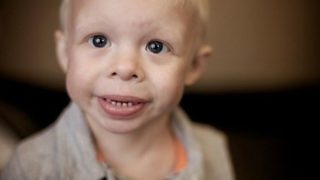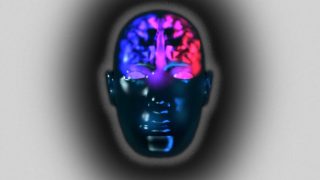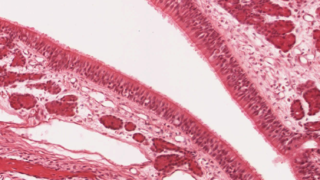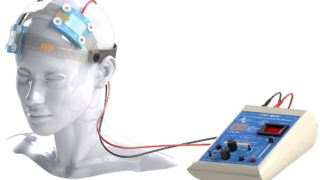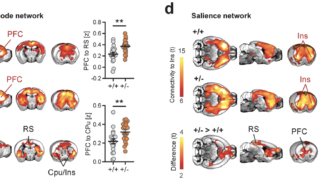
mTOR and rapamycin in autism spectrum disorders
mTOR has nothing to do with Norse mythology, it stands for “mammalian target of rapamycin” or “target of rapamycin in mammalian cells”. mTOR is involved in important cellular processes, including growth, proliferation, motility, survival, protein synthesis, transcription and autophagy. The history of rapamycin is so suggestive that I cannot avoid mentioning it: in the 1960s […]
